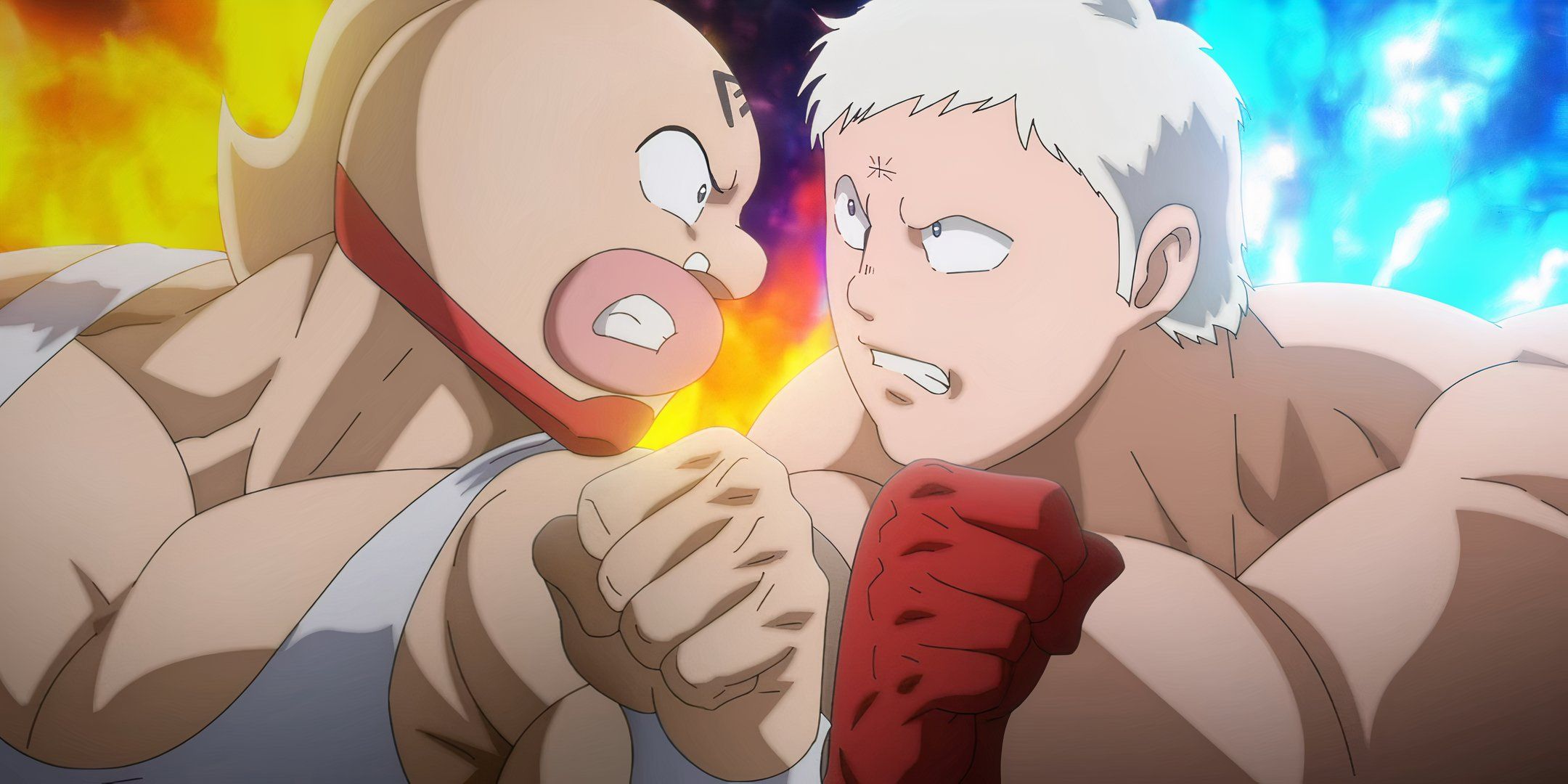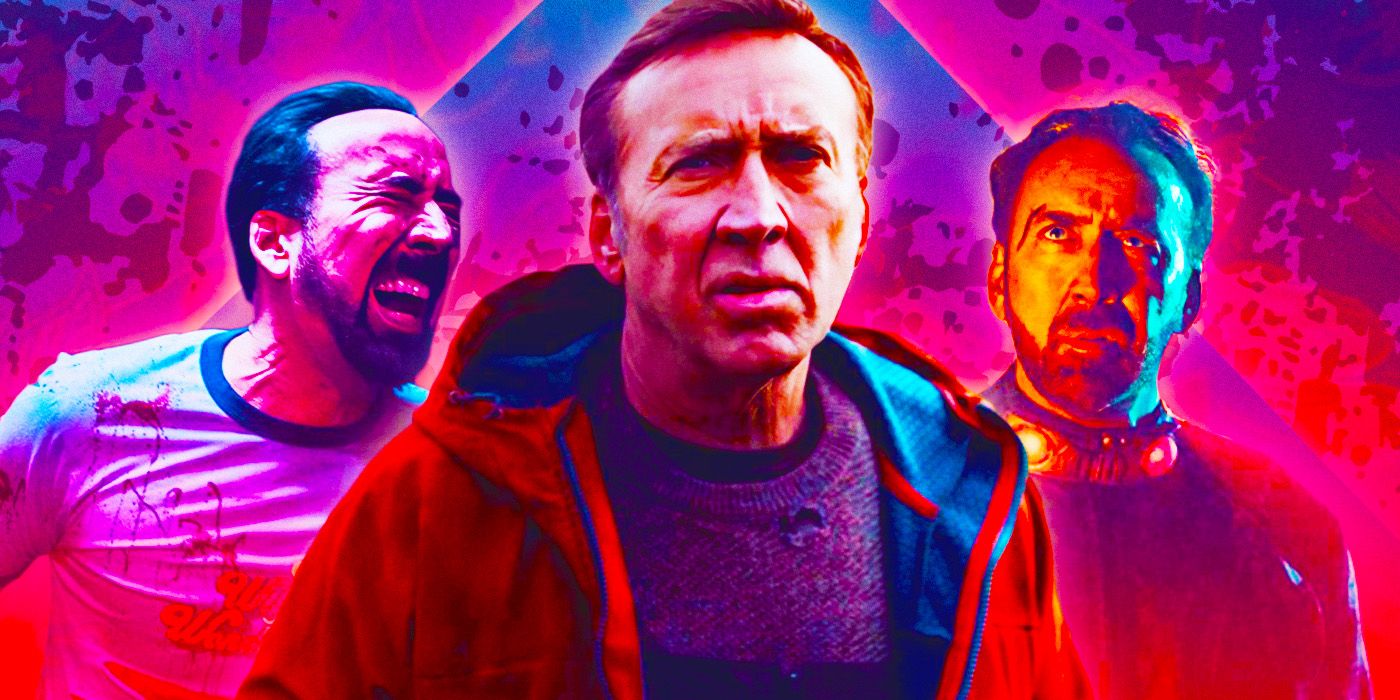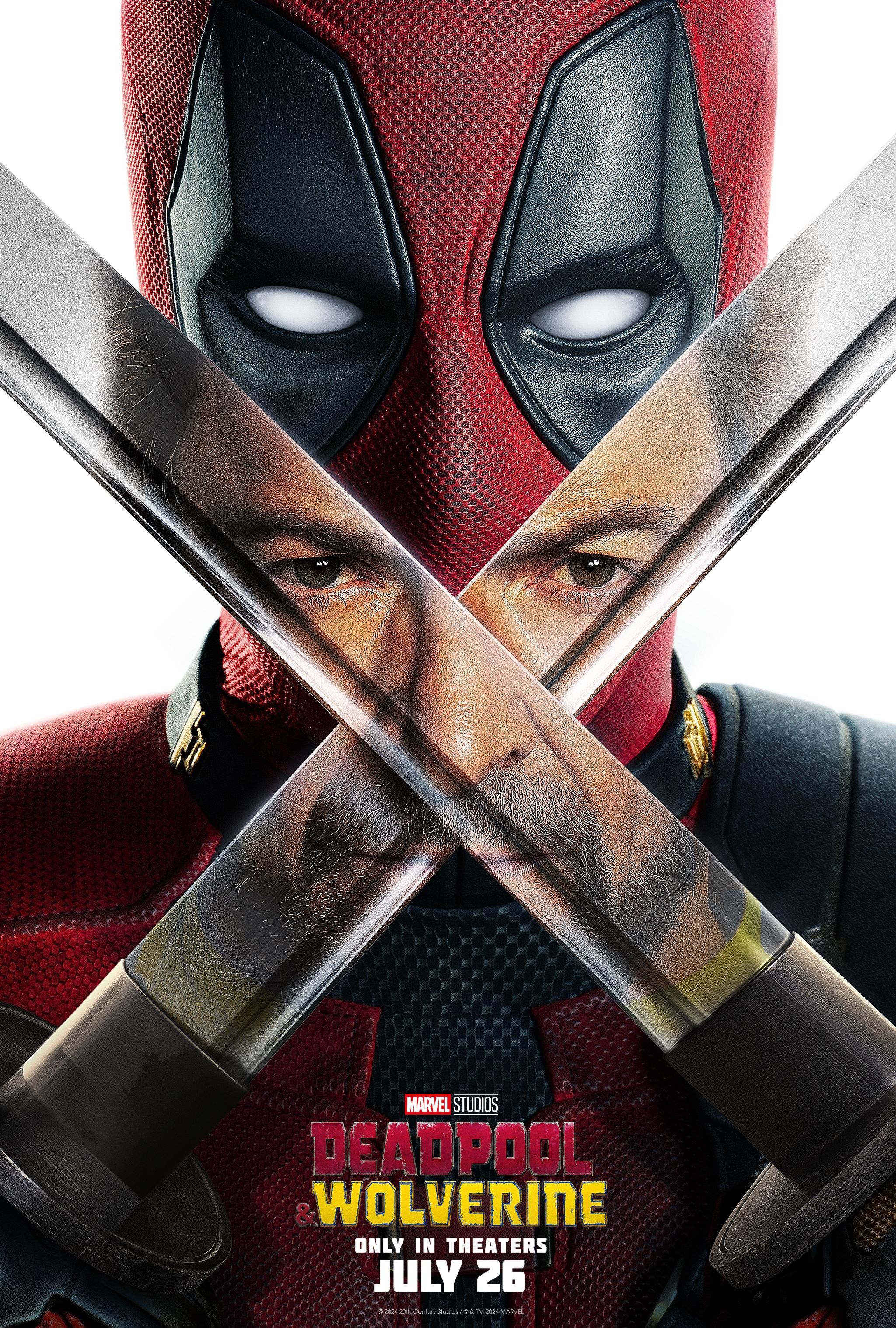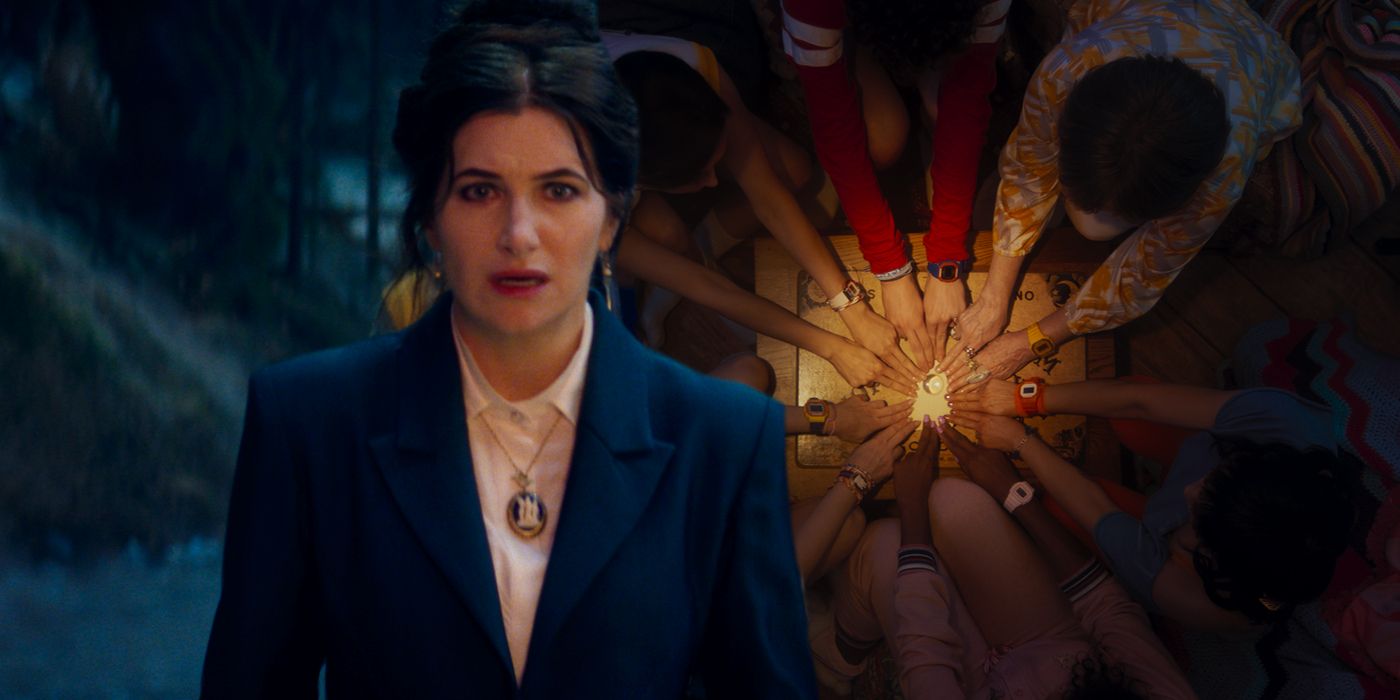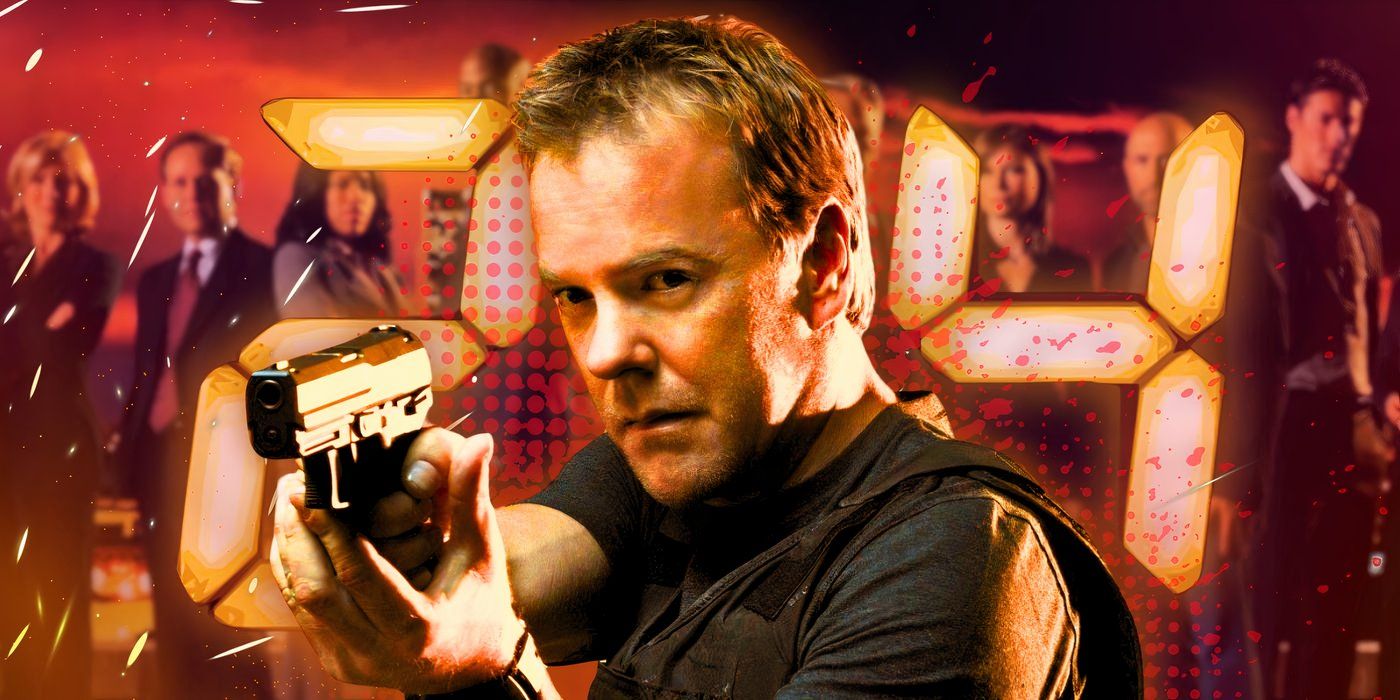Here are the biggest misconceptions surrounding the ending of Lost, and what actually happened instead. For much of its tenure, Lost was characterized as a mystery series shrouded in ambiguity and generally open to viewer interpretation. Developments were rarely straightforward on the island and plot lines such as the nature of the smoke monster, the “mother” character and Walt’s connection to the island all signed off in less than definitive fashion, either by circumstance or design.
As Lost built towards its highly-anticipated conclusion, the open-ended nature of its storytelling became more pronounced and, in some cases, tangible explanations only opened the door to even more questions. In its final episodes, Lost made a concerted effort to address and provide answers for the recurring sequence of numbers peppered throughout the series, the creation of the flash-sideways timeline and the exact origins of the Others, but partly due to Lost‘s patented style of deliberately vague exposition, not every explanation was taken in the way it was intended.
These misinterpretations have perhaps unfairly skewed opinion of Lost‘s finale towards the negative, creating resentment towards perceptions of what happened, rather than what the creative team actually intended. Looking back at Lost‘s famously divisive ending, here are the biggest misconceptions viewers had, and still have, regarding the final episodes.
The Survivors Were Trapped In Purgatory
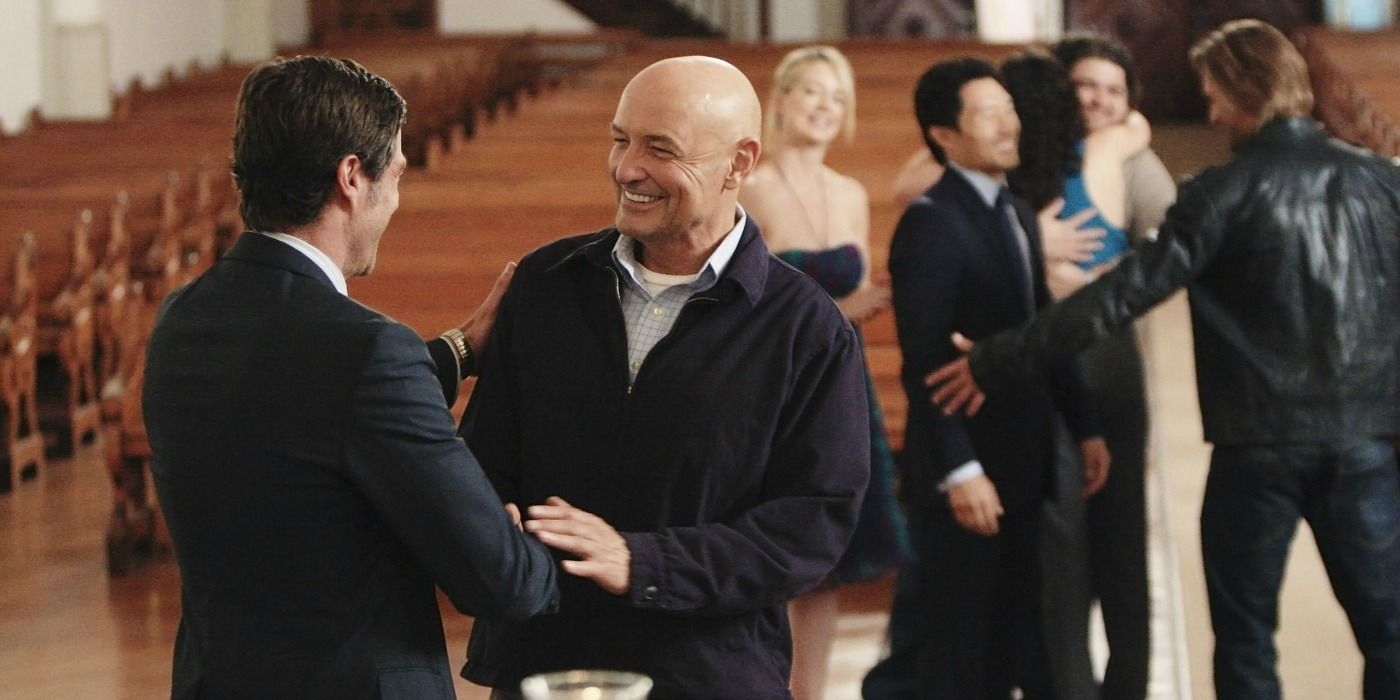
Perhaps the biggest misconception around Lost‘s ending is that the survivors were at any point trapped within some kind of purgatory. From the very first season, the purgatory route was a popular Lost fan theory, with many predicting the characters had died in the original plane crash and that the island was a metaphorical limbo or afterlife. Despite repeated denials from producers, this suggestion has endured even after Lost‘s final episode, and many still argue that either the island or the flash-sideways world represented a purgatory.
Both accounts are inaccurate. The island existed in reality and all the events that took place there happened in real life. The flash-sideways world was a place that the survivors frequented after their deaths, but rather than a pre-existing plane between life and death or a realm where each character’s sins can be judged (as is common with the religious concept of purgatory), the flash-sideways world was created by the Losties as a place where they could all meet up and say goodbye after death, before moving on to whatever came next in Lost‘s closing scenes. Vitally, the characters were not within this alternate world from the very beginning of Lost, and only found themselves there after dying within their own individual points in time. Another inaccurate common belief is that the flash-sideways is a separate, real timeline created by time travel.
Everyone Was Dead The Whole Time
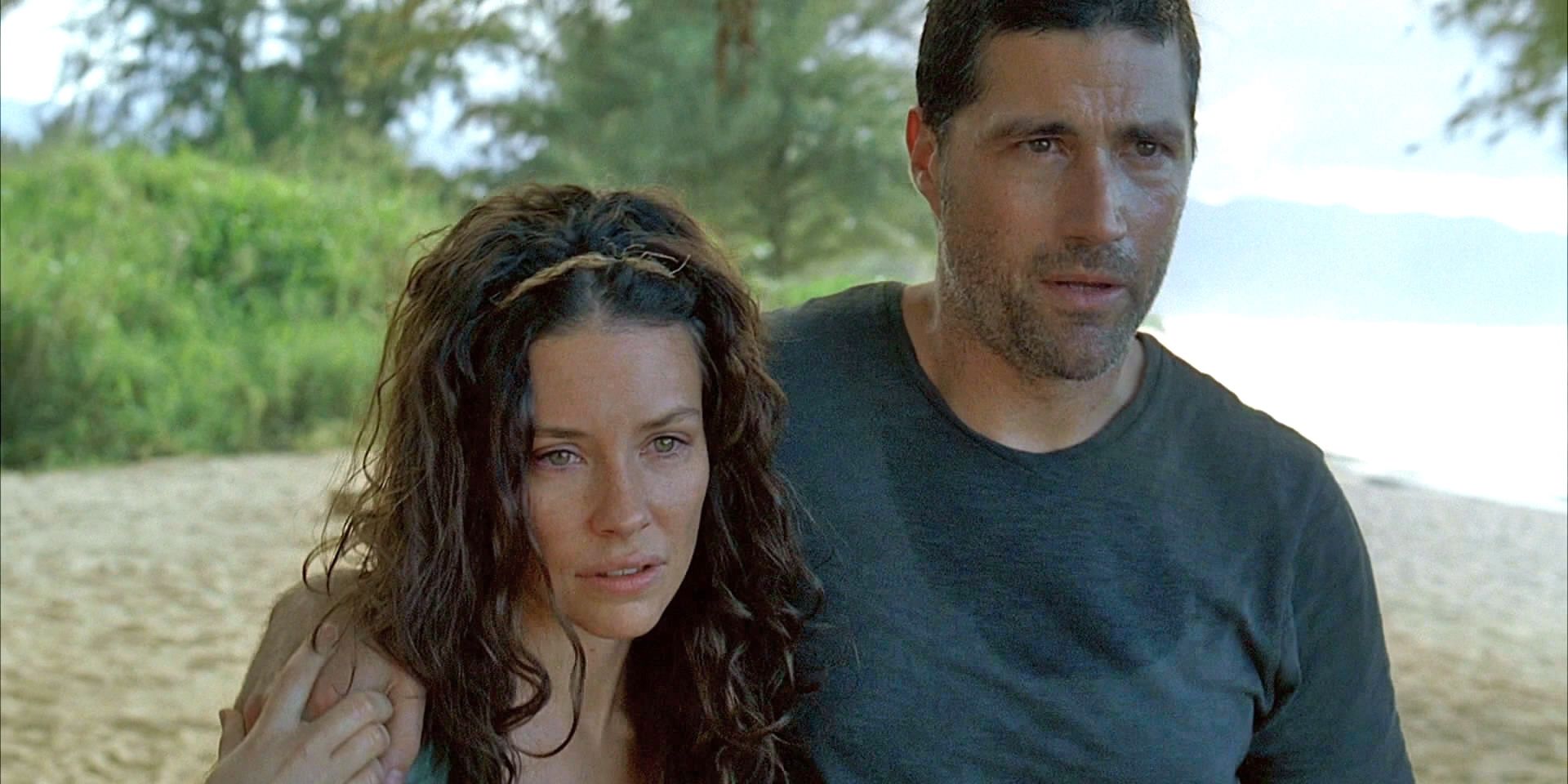
The flash-sideways mechanic certainly has a lot to answer for and is perhaps the biggest source of misunderstanding in Lost‘s finale. Separately from the purgatory theory, many posited the notion that Jack, Kate and the gang had been dead either from the very start, or at least partway through the series in the style of The Sixth Sense. Once again, this argument had been in place since the early days of Lost and took hold in the final season when characters began to “wake up” in their flash-sideways timeline and realize that the world around them was an illusion – that Jack’s son wasn’t really there, Ben was never a teacher and Sawyer wasn’t a cop, because all of them had already died in real life.
Taken at face value, it’s easy to see how this reveal can be interpreted as the survivors being dead for the entire story, but Christian’s explanation of “everyone dies sometime, kiddo. Some before you, some long after you” unveils the truth of the matter. The illusion of the flash-sideways only took effect once a person had already died in the real world. Only in that alternate reality were the characters “dead the whole time.” Unfortunately, this particular misconception gained further traction when Lost‘s final end credits shot was an image of plane wreckage on the island’s beach with no survivors in sight. Damon Lindelof and Carlton Cuse strenuously denied this was ever intended as part of the show.
Jacob And The Man In Black Controlled Everything
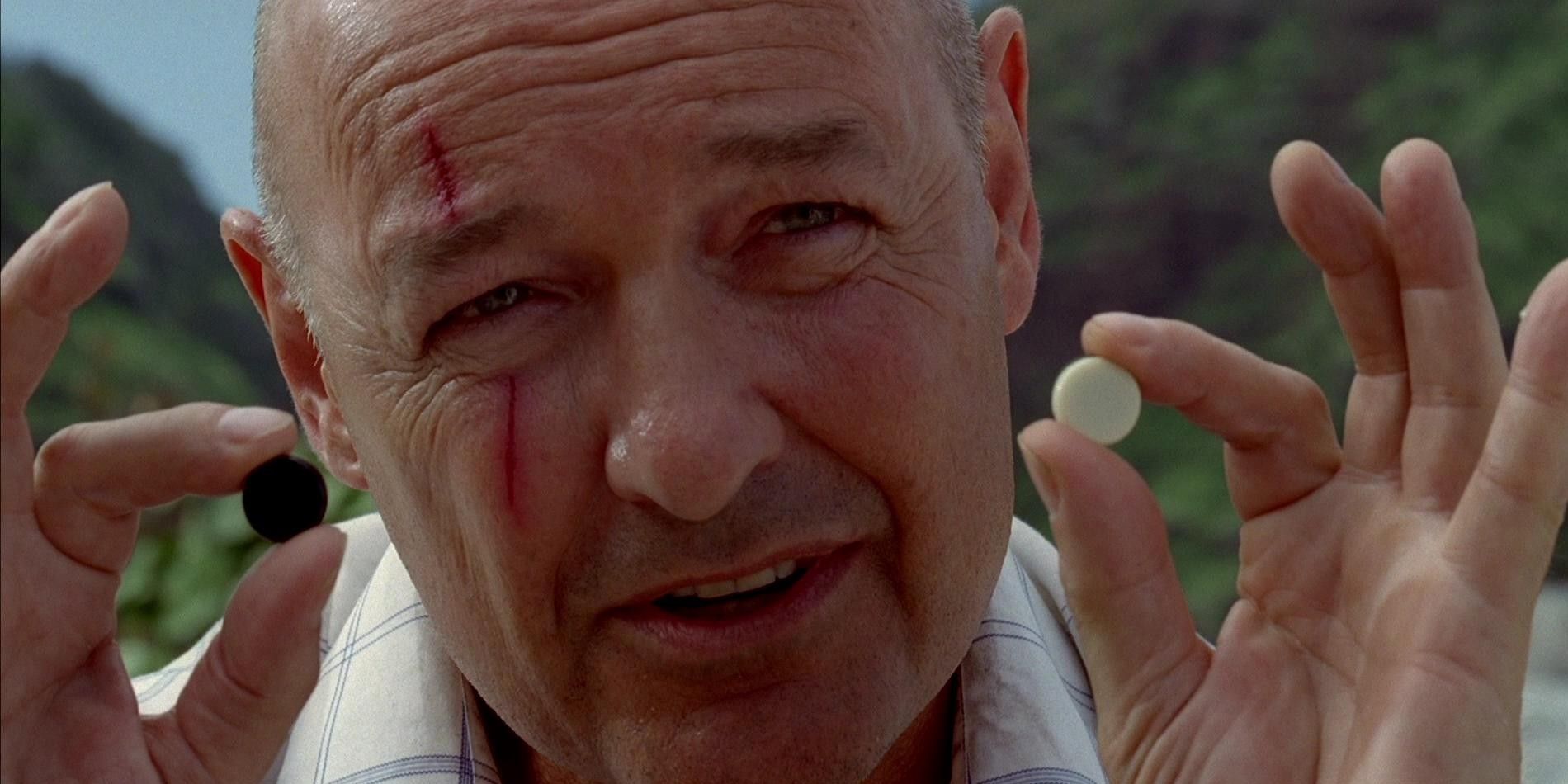
One of the biggest complaints about Lost is that the final seasons boiled down to a case of deus ex machina, where two powerful figures were introduced in the form of Jacob and the Man in Black, who between them dictated how each character’s story arc would pan out. Although these two mysterious beings certainly had a large hand in Lost‘s finale, it’s misleading to say that they controlled events and took free will away from the show’s human characters.
The MIB manipulates, tempts and corrupts but his victims’ final choices are always made freely. The MIB takes advantage of Ben’s frustration to make him kill Jacob and uses Locke’s desperation to find meaning on the island against him. In both cases, each character has a choice to either succumb or resist. The same can be said for Jacob’s machinations. Jack’s sacrifice is made out of a sense of duty and a desire to protect others, not because Jacob has willed it, and the likes of Sawyer and Kate escape because they found reasons to live in the outside world and wanted to go home. The addition of Jacob and the MIB will always have detractors, but to accused Lost of bringing story resolution from a divine source is unwarranted.
Jacob And The Man In Black Were Gods
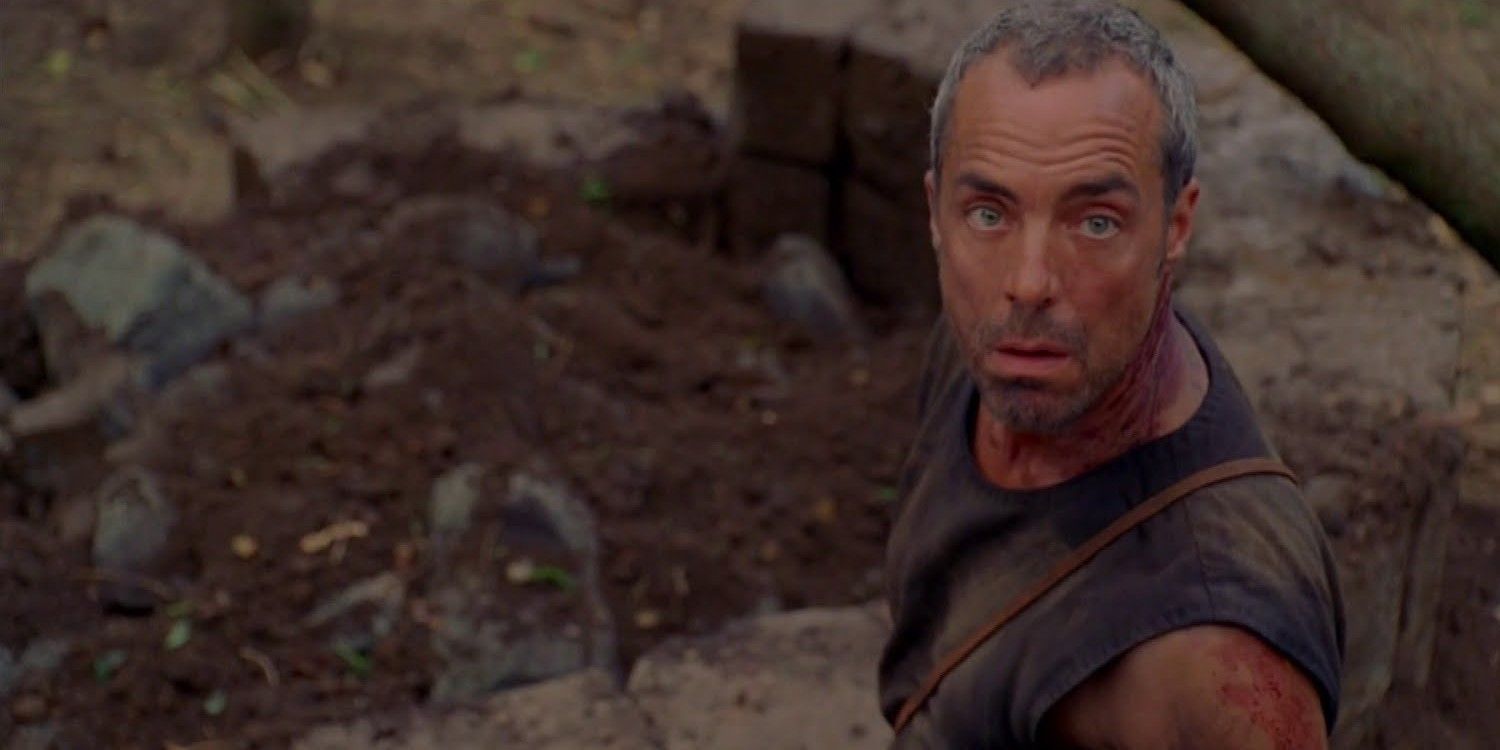
For the very reasons outlined above, both Jacob and the Man in Black are regularly referred to as Gods, deities, primordial beings or by other such supernatural terms, and the fact that they are entirely human is often lost in the shuffle. In fairness, this assumption comes directly from Lost‘s portrayal of the two characters as ageless beings of worship bound by rules that don’t apply to regular humans. Their true original story confirms that the two brothers came to island when their pregnant mother crash landed. After giving birth, the boys’ biological mother was killed by a mystery female already living on the island who took the infants as her own and bestowed special abilities upon them via the water taken from the Source – the same way Jack and Hurley gained their powers.
In this sense, Jacob and the MIB are no different from the Oceanic 815 survivors. If Paulo and Nikki’s corpses had been thrown into the Heart of the Island, they too might have become smoke monsters. Meanwhile, both Jack and Hurley take on Jacob’s unique properties in Lost‘s final season. Any notion that these enigmatic characters are in some way inherently different isn’t true, even if Lost‘s own narrative perpetuates the myth.
The Heart Of The Island
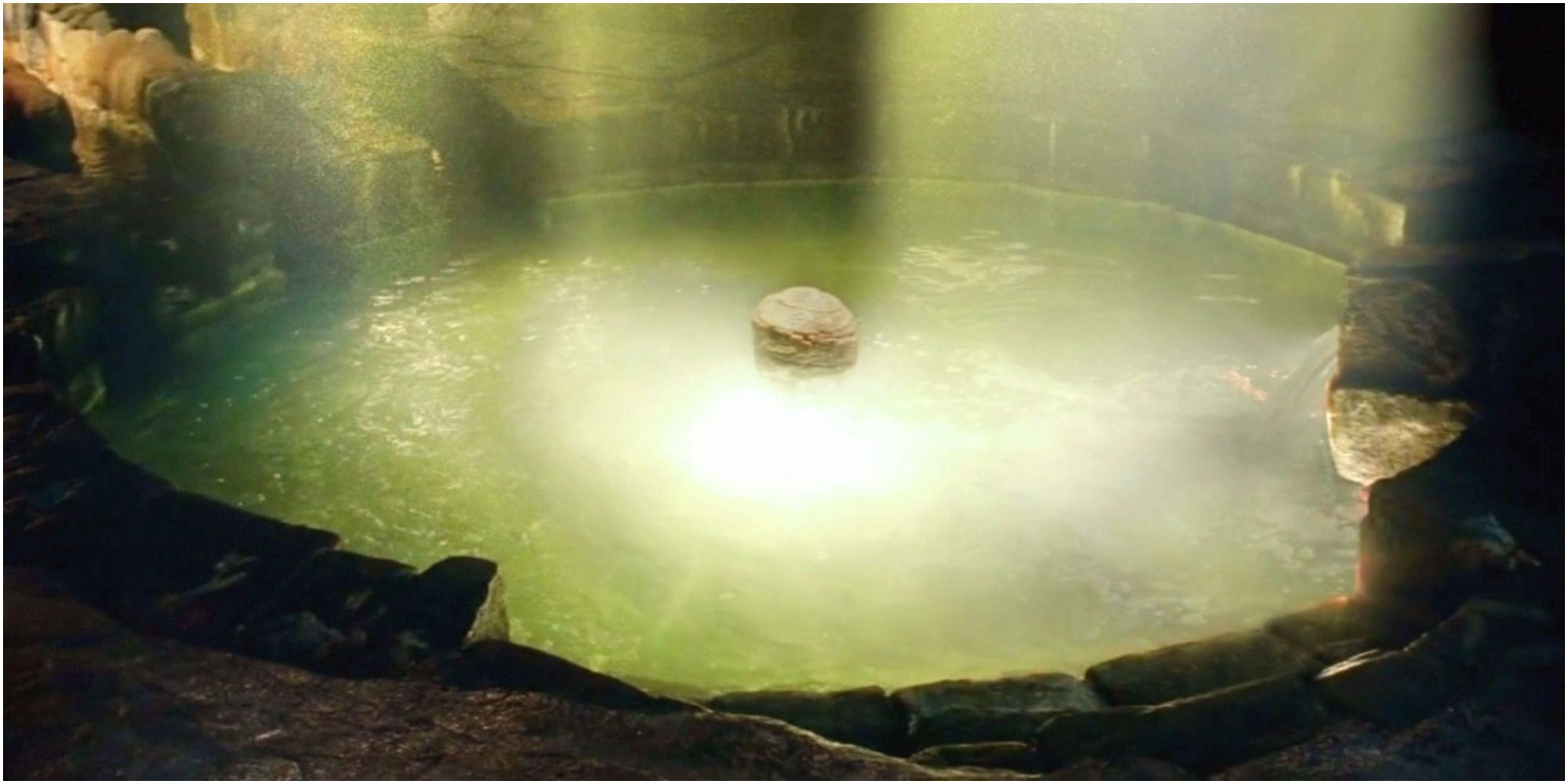
Of all Lost‘s unexplained elements, the Heart of the Island perhaps gives fans the least to go on. Very few facts are revealed about what feels like the very center of Lost‘s mythology and, as a result, many viewers misinterpreted what the giant stone cork was supposed to represent. The island is covered in pockets of electromagnetic energy, but the Source at the Heart of the Island is the root of this power and is responsible for many of the physics-busting happenings that take place. Without the cork in place, the island loses its mystical qualities, and those powered by it become regular human beings.
Often overlooked is the connection between the Heart of the Island and the outside world. Most appraisals of the Lost finale pick up on the idea that the island would be destroyed without the Source, and the Man in Black would be free to roam the Earth. This mostly overshadows the idea that uncorking the Heart of the Island could directly cause the apocalypse. In the massive info dump that occurs in the flashback to Jacob and the MIB’s childhood, Mother says that if the light at the Heart of the Island goes out, “it goes out everywhere.” This is fairly conclusive indication that the island’s fate is directly linked to the safety of the world, but Jack and Kate stopping armageddon is generally played down or glossed over completely.
The Finale Didn’t Make Sense

More than almost any other TV series ending (Twin Peaks being the other front-runner), Lost‘s finale is accused of not making sense, but this simply isn’t the case. Certainly, the ambiguity of Lost‘s ending isn’t to everyone’s taste and the final season can be criticized for focusing too much on the ineffectual flash-sideways world and not enough on key elements like the Heart of the Island. But to say the finale intrinsically makes no sense is a step too far.
Related: Lost: The Whispers Explained (They’re Not The Others)
Despite remaining vague in places, everything that happens in Lost‘s final episode is explained, and the audience are given all the pieces necessary to understand what’s happening at any given juncture and why it’s taking place. For example, even if no one knows exactly what’ll happen if the island remains uncorked, viewers know why Jack needs to put things right and why he in particular is the one fighting the Man in Black. Similarly, some might find the final church scene sentimental, overly-spiritual or contrived. But it does still make sense within the framework of the Lost series, with Jack’s father providing all the necessary exposition in order to understand exactly what the world is and why everyone arrives there simultaneously. Lost‘s ending will never not divide opinion, but any criticism comes from a place of personal preference, rather than because the series neglected to cover its narrative bases.

